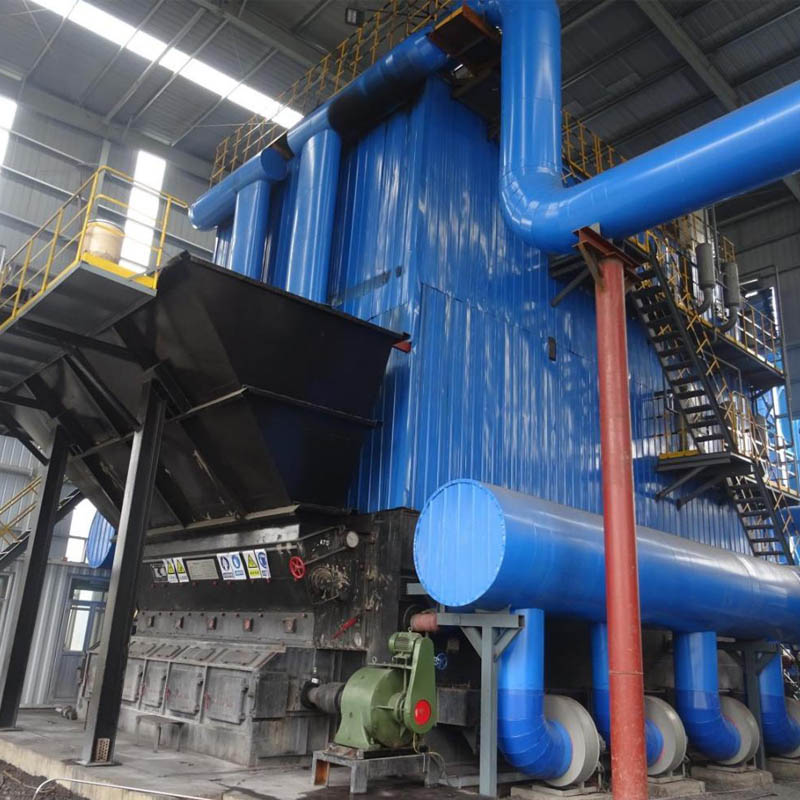
Dec . 10, 2024 12:57 Back to list
how does oil boiler heat water
How Does an Oil Boiler Heat Water?
Oil boilers have been a popular choice for heating water in residential and industrial settings for many years. These systems use oil as a fuel source to heat water, which can then be used for various purposes, including space heating, domestic hot water, and even in some industrial applications. Understanding how an oil boiler operates can provide insight into its efficiency and effectiveness.
The Components of an Oil Boiler
To grasp how an oil boiler heats water, it’s essential to understand its primary components. An oil boiler consists of the following parts
1. Oil Tank This is where the heating oil is stored. The tank can be located above ground or underground and is designed to keep the oil safe and secure.
2. Burner The oil burner is the part of the boiler that combusts the heating oil. It mixes oil with air to create a flammable mixture, which, when ignited, produces heat.
3. Heat Exchanger This component transfers the heat generated from the combustion of oil to the water. It is typically made up of a series of pipes or plates that are designed to maximize surface area and improve efficiency.
4. Boiler Control System Modern oil boilers come equipped with sophisticated control systems that monitor and regulate the temperature of the water, ensuring optimal performance and efficiency.
5. Flue or Chimney This component removes the exhaust gases produced during combustion from the boiler and safely dispenses them outside.
The Heating Process
The process of heating water with an oil boiler starts when oil is fed from the storage tank to the burner. Here’s a step-by-step description of the heating process
how does oil boiler heat water

1. Oil Supply The boiler’s control system activates when heat is needed. Oil is then pumped from the tank to the burner.
2. Combustion At the burner, the fuel oil is mixed with air in a precise ratio. The mixture is ignited with a spark or flame, leading to combustion. This reaction generates high-temperature gases.
3. Heat Transfer The heat produced from combustion passes through the heat exchanger. The heat exchanger is engineered to absorb the heat from the hot gases while keeping the water separate. As the hot gases travel through the heat exchanger, they transfer their thermal energy to the water circulating in the boiler.
4. Hot Water Output Once the water reaches the desired temperature, it is either circulated through the home’s heating system or sent to hot water taps. The heated water can be used for space heating via radiators, underfloor heating systems, or for domestic purposes like showers and washing dishes.
5. Exhaust Gases After the heat transfer process, the cooled exhaust gases are vented outside through the flue or chimney. This step is crucial for maintaining safe indoor air quality.
Efficiency and Benefits
One of the significant advantages of oil boilers is their efficiency. Modern oil boilers can achieve efficiency ratings of over 90%, meaning that a minimal amount of fuel is wasted during the heating process. Unlike other types of heating systems, oil boilers provide a high level of heat output, making them suitable for larger homes and industrial spaces.
Moreover, oil boilers tend to have a longer lifespan compared to gas boilers, often lasting 15 to 25 years with proper maintenance. The availability of heating oil can also be a benefit in regions where natural gas may not be accessible.
Considerations
Despite their many advantages, oil boilers require regular maintenance to ensure optimal performance. This includes annual inspections, cleaning of the burner and heat exchanger, and ensuring the oil supply is adequate. Additionally, homeowners should consider the fluctuating prices of heating oil and potential environmental impacts.
In conclusion, oil boilers offer a reliable and efficient method for heating water in various settings. Understanding their operation helps homeowners make informed decisions regarding their heating needs and ensures they can maintain their systems for maximum performance. With proper care, oil boilers can continue to provide warmth and comfort for many years to come.
-
High-Efficiency Commercial Oil Fired Steam Boiler for Industry
NewsJul.30,2025
-
High-Efficiency Biomass Fired Thermal Oil Boiler Solutions
NewsJul.30,2025
-
High Efficiency Gas Fired Thermal Oil Boiler for Industrial Heating
NewsJul.29,2025
-
High-Efficiency Gas Fired Hot Water Boiler for Sale – Reliable & Affordable
NewsJul.29,2025
-
High Efficiency Biomass Fired Hot Water Boiler for Industrial and Commercial Use
NewsJul.29,2025
-
High-Efficiency Biomass Fired Hot Water Boiler for Industrial Use
NewsJul.28,2025
Related PRODUCTS






















